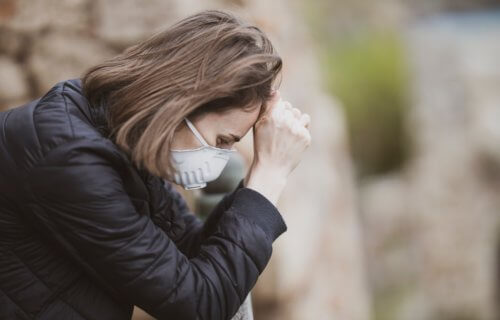UNIVERSITY PARK, Pa. — Social media has its positives and negatives. During a global heath crisis like COVID-19 however, a recent study finds limiting your social media use can be an effective way of improving mental health. Researchers from Penn State and Jinan University say using these platforms excessively to get info on the pandemic has a link to depression and secondary trauma.
The team of researchers examined 320 participants residing in Wuhan, China. In February 2020, participants took an online survey that looked into how they retrieved and shared health information with their family, friends, and co-workers on social media. The survey also looked into the participants’ health behavior changes due to social media. Researchers paid extra attention to China’s most popular social media mobile app, WeChat.
Researchers then used a five-point response scale to monitor each person’s Facebook addiction, in relation to WeChat. The scale ranged from strongly disagree to strongly agree and assessed the group’s emotional, informational, and peer support.
A statement like “I use WeChat to gain information about how to manage the coronavirus epidemic,” expressed informational support. Statements like “the health information on WeChat helps me alleviate feelings of loneliness” on the other hand expressed more emotional support.
“We found that social media use was rewarding up to a point, as it provided informational, emotional and peer support related to COVID-19 health topics. However, excessive use of social media led to mental health issues. The results imply that taking a social media break may promote well-being during the pandemic, which is crucial to mitigating mental health harm inflicted by the pandemic,” says study author Bu Zhong in a university release.
Social media overload worsens COVID pandemic panic
Researchers assessed symptoms of depression, anxiety, and stress using a 21-item scale. Participants rated statements such as “I felt that life was meaningless” or “I couldn’t seem to experience any positive feeling at all.”
The results reveal that more than half the group reported dealing with some amount of depression. Nearly 20 percent of the participants rated as having moderate or severe depression. Four in five people surveyed reported having low levels of trauma. Another 13 percent experienced moderate trauma and seven percent suffered from high levels of trauma.
In conclusion, using social media as a tool to share useful information with those close to you can help alleviate stress. However, too much of even a good thing can lead to information overload and add to the stress instead.
“Our results show that social media usage was related to both depression and secondary trauma during the early part of the COVID-19 outbreak in Wuhan,” Zhong says. “The findings suggest that taking a social media break from time to time may help to improve people’s mental well-being during the COVID-19 pandemic.”
The study is published in the journal Computers in Human Behavior.
